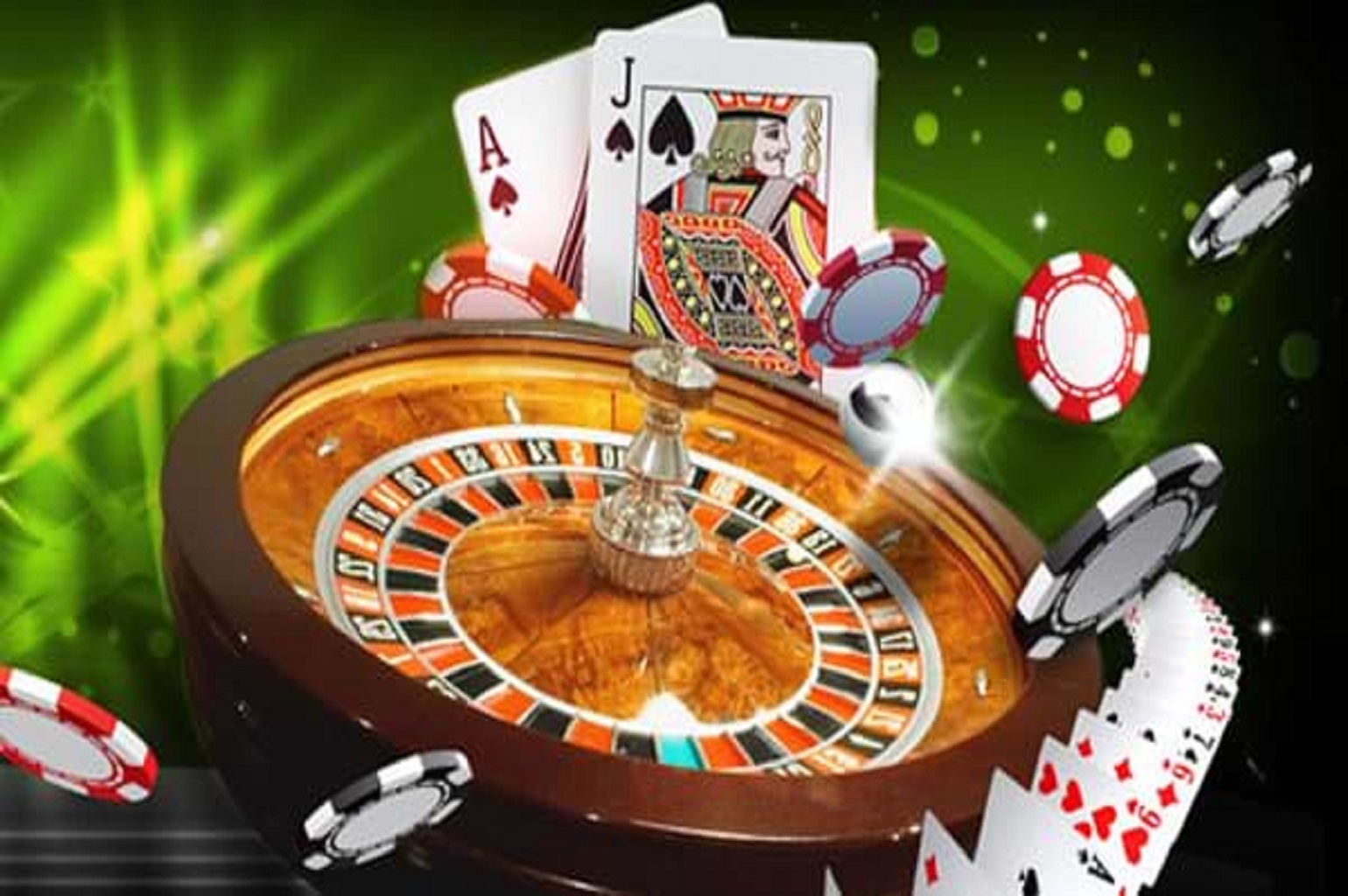Casino entertainment have long been a significant aspect of human culture, providing not just entertainment but a intriguing reflection of our dreams, ambitions, and anxieties. From the rotating wheels of a slot machine to the strategic gameplay of poker, these games represent a range of human emotions and experiences. At their core, casino games are more than a chance to earn cash; they are a snapshot of life itself, where danger and gain intertwine and luck can change in an instant.
As players gather around tables or sit in front of vibrantly illuminated machines, they participate in a ritual that transcends mere gambling. These games mirror our instinctive desires for social interaction, adventure, and the quest for chance. They also reveal deeper truths about human behavior, such as our relationship with luck and the thrill of risk. In exploring casino games, we uncover not only the rules of play but also the complex weave of the human experience, showcasing our woven narratives of hope and reality.
The Psychology of Gambling
Wagering is deeply rooted in human psychology, appealing to various feelings and desires. The excitement of risk-taking is a core aspect that attracts participants, whether it’s thrill of spinning a roulette or the anticipation of drawing a winning hand in poker. This rush of adrenaline is frequently likened to other forms of excitement, as the uncertainty of outcomes elicits a unique psychological response. Players often find themselves entranced by the chance of striking it rich, leading to an irresistible draw toward casino games.
Another, an essential component of the psychology behind gambling is the concept of hope and ambition. Participants often nourish fantasies of financial freedom and the luxurious lifestyle that can accompany winning. This hope fuels their ongoing participation in casino games, as it provides a sense of meaning and the belief that a transformative win could be just one wager away. The narrative of overcoming odds and finding success resonates with many, reinforcing their commitment to play and involve themselves with these games.
Lastly, social aspects play a crucial role in gambling psychology. Casino environments are designed to promote social interaction, where players gather to share the journey of wins and losses. This communal aspect not only enhances enjoyment but also affects behavior, as individuals often mimic the actions of others in their vicinity. The social validation found in mutual thrill can magnify the emotional experience, making casino games a mirror of not just personal desires but also shared involvement within the gaming community.
## The Dual Nature of Risk and Reward
Gambling games embody the subtle balance between risk and reward that resonates profoundly with the human experience. The excitement of placing a bet is often accompanied by a surge of excitement, as players are confronted with the possibility of a huge payout, yet conscious of the potential to suffer losses. This twofold experience reflects a core aspect of life: the paths we choose often come with intrinsic risks, and the chase for gain can drive us to take chances we might not otherwise consider. In this way, gambling activities mirror real-world decisions, enticing gamblers to gamble not just their funds, but also their dreams.
The allure of jackpot prizes and winnings fuels a feeling of positivity, motivating gamblers to envision a more promising future that could arise from a single victorious spin of the wheel or turn of a card. This positive outlook can motivate individuals to engage in greater risks, urging them to take greater risks in search of financial gain. However, just as in life, the results of these decisions can lead to both victory and loss. The stories of both jackpot winners and those who have suffered everything at the casino demonstrate the unpredictable nature of chance and its consequential impact on our lives.

Ultimately, the experience of engaging with gambling activities serves as a potent reminder of the nature of humanity. https://fb88v.net/ Every round played is filled with the tension of uncertainty, as gamblers weigh the rewards against the dangers. This balance not only highlights the excitement that comes with betting but also unveils the risks that come with the urge for more. As we explore the challenges of decision-making and consequence in both the gambling world and in life, we find that the quest for gain shapes our sense of self and journeys in profound ways.
Community and Solitude in Gambling Environment
Casino culture is a unique mix of social interaction and individual pursuit, reflecting the contrasts of individual experience. Gamblers often gather around tables, sharing in the excitement of the game, rejoicing in wins, and sympathizing over losses. This communal aspect is crucial, as it establishes a sense of community and camaraderie among diverse groups of individuals. Regular attendees to gaming establishments may form friendships and develop routines, turning the gambling venue into a alternative home where they experience linked to a larger community of players.
However, the appeal of casino games can also result to loneliness. As players become engrossed in the excitement of gambling, they may isolate from personal relationships or fail to interact with the environment outside the casino. For some, the pursuit of a windfall can distract from real relationships, leading to loneliness. The situation of being among people yet experiencing solitary is not rare, as the focus shifts from collective fun to the private stakes of each individual’s journey.
This interaction of community and solitude creates a vivid tapestry that defines casino atmosphere. It showcases the complexity of human interactions, where joy and sorrow coexist. Casinos serve as both a refuge for social engagement and a stage for individual struggles, demonstrating how intimately connected our desire for companionship and the individual quest for wealth can be. In navigating this environment, players confront their own stories—seeking both the rush of the game and the fellowship of fellow players, eventually reflecting the wider spectrum of human experience.